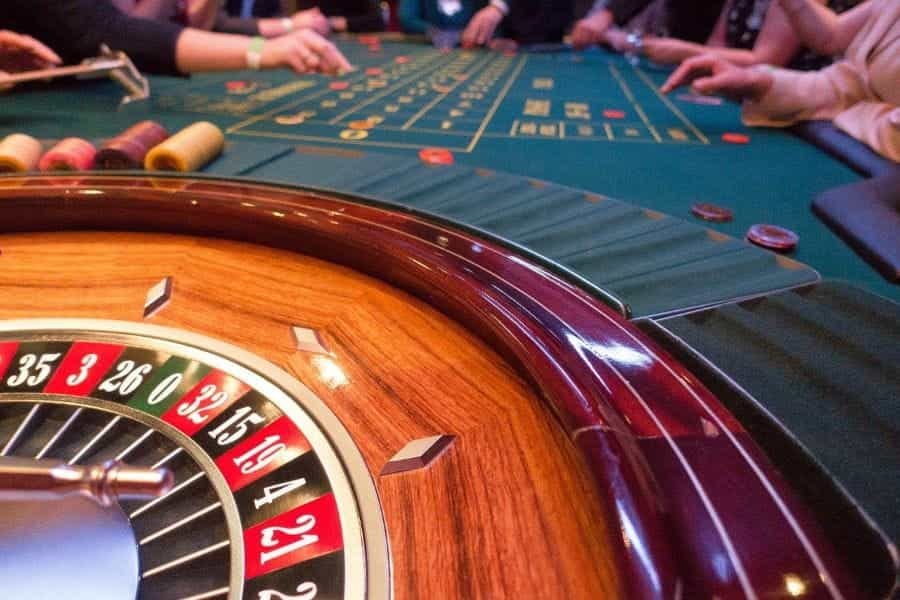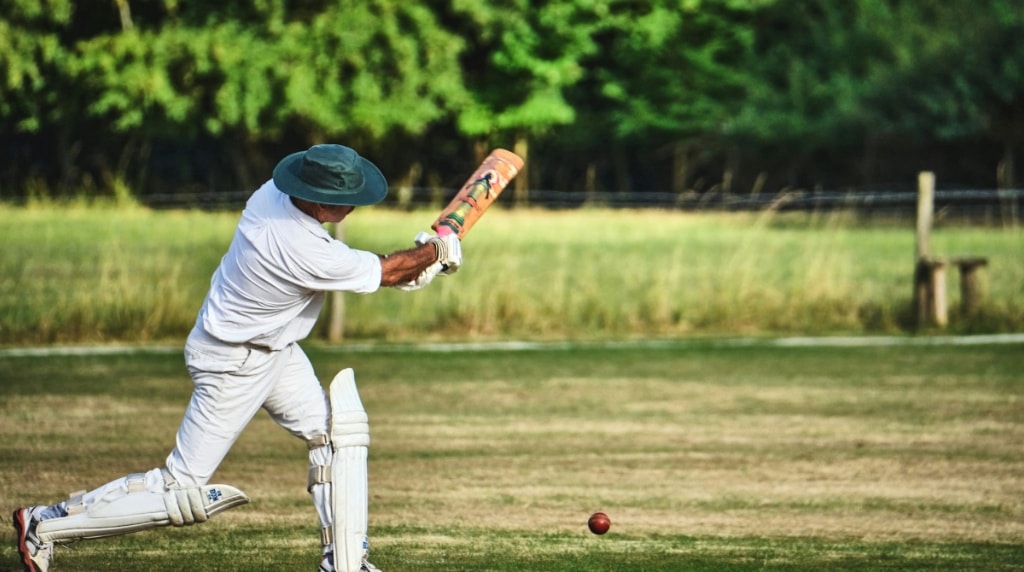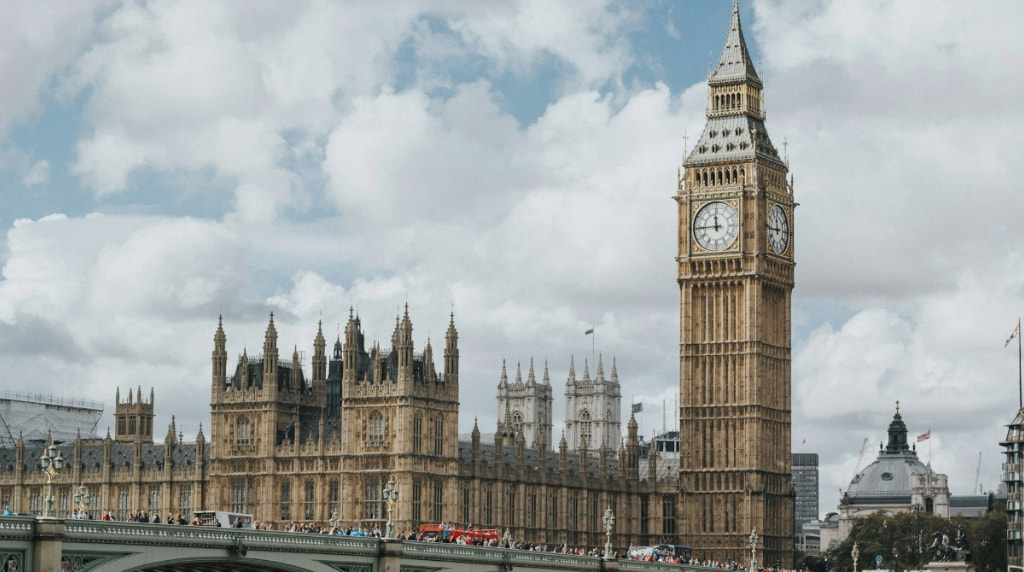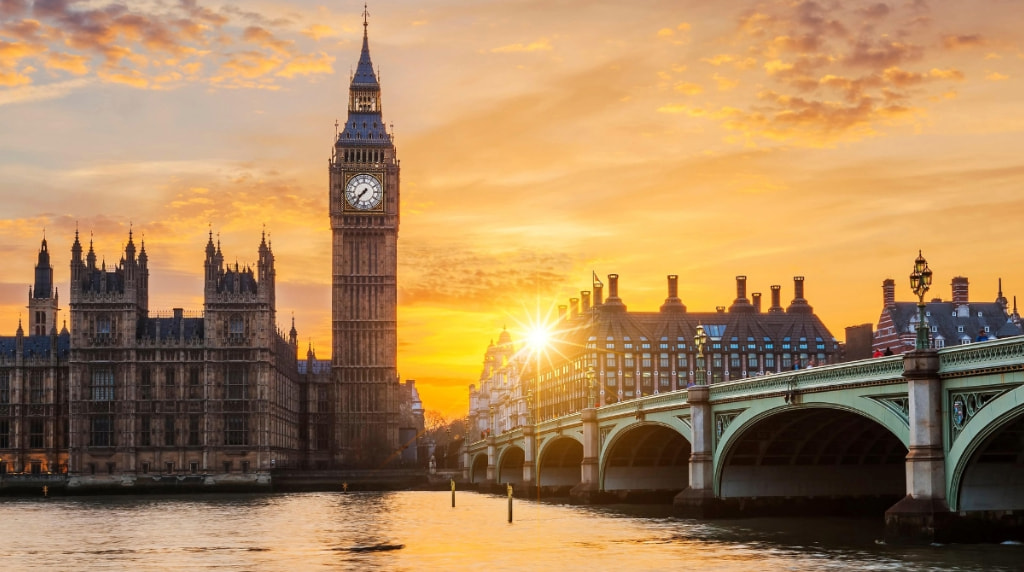Cruks Self-Exclusion Tool Detailed
The government in the Netherlands has outlined the details of the Centraal Register Uitsluiting Kansspelen (Cruks) self-exclusion register. The mechanisms that will underlie the system have been revealed in the build-up to the implementation of the new Remote Gambling Act in the country. These details have been revealed in the draft regulations that have been submitted to the European Commission.

The gambling regulator in the Netherlands, the KSA, has been calling for adequate self-exclusion measures in the regulated gambling market for some time now. The plans to introduce Cruks next March demonstrate the government’s commitment to responsible gambling. ©Stux/Pixabay
Players will be able to access the Cruks system using the DigiD online ID system that is already present in the country. This will allow citizens of the Netherlands to access the online offerings of operators once the Remote Gambling Act has been implemented. This identification system is currently used by Dutch citizens to verify their age when accessing government websites in the country.
To register, prospective players have to enter their public service number, as well as other identifying characteristics such as their surname and date of birth. If the potential player is not a citizen of the country, then they will need to use other identifying documents to verify their age. These documents include foreign identity verification like a passport.
Should a gambler not be able to access and use DigiD, then they will be forced to rely on the employees that are working at the country’s regulator, the Kansspelautoriteit (KSA). They will need to contact these employees in order to supply their supporting documentation that confirms that they are of legal age to gamble in the Netherlands.
How Will Cruks Work?
When the player in question registers with an operator for the first time with a mind to use their online gambling services, or if they want to use a land-based casino, they will be required to enter their public service number. This will lead to a Cruks code being generated, which can then be compared to the codes on file for individuals that have previously signed up to the self-exclusion register. Should these two codes match, then the player will be refused access to the gambling services.
Following this, the operator will then be required by law to save the Cruks code of the player. Whilst this could potentially throw up some issues about privacy amongst citizens of the country, the legislators have attempted to cover this in their draft regulations. The operators will delete the public service numbers of their patrons but will retain the Cruks number to check whether players have self-excluded on subsequent visits.
The Cruks self-exclusion system will also collect other metrics that the government will be able to use to review the success of the system. These metrics will mainly relate to the number of queries that self-excluded players make to the system. It will not allow the government to collect data about the gambling habits of players, however.
This is important as the rules need to comply with EU laws to ensure that they are not discriminatory. In a statement to the European Commission, the Dutch government pointed out that these new rules would be applied equally to all of the operators in the country regardless of what channel they operate in. Additionally, the government stated that it considers the rules essential as they are needed to limit problem gambling whilst being as unrestrictive as possible.
On top of this, the government has stated that similar applications of self-exclusion systems are common across the continent and in the industry as a whole. The government has tried to use open and internationally recognized standards when considering how its regulated gambling market will be structured, and the Cruks system is no exception to this.
When Will Cruks Come in to Effect?
The system that has been designed to help reduce the incidence of problem gambling in the Netherlands will first be available to the general public when the country’s new Remote Gambling Act is brought in to effect on the 1st of March 2021.
This was initially supposed to come in before then but has faced a host of delays as the infrastructure was not in place for it to have worked effectively at the time. The original date for the Remote Gambling Act was July of 2020 but was pushed back to January 2021 when the government realized in November 2019 that it would not be ready for then.
It was then pushed back even further when the impact of COVID-19 on all aspects of the economy was realized. The decision was then made to delay the regulated market further and to wait until the 1st of March, 2021, before introducing the Remote Gambling Act in the Netherlands.
Other News in the Netherlands
In other news in the country, the KSA recently made an announcement in which it detailed its plans to regulate one-off lotteries in Holland. These lotteries will see the regulator authorize gambling from which 40% of the funds raised will have to go to a cause that has its roots in the interests of the public. The regulator has made a commitment to closely regulate these offerings going forward in the market.
The KSA will seek to force these lotteries to comply with lottery regulations. This will hopefully limit the ability of third party operators to easily breach the compliance rules that are in place in the Netherlands.
The reason that has been given by the regulator for doing this is that it has seen an increasingly common occurrence that the bodies organizing these lotteries will outsource the entire operation.
Since the government has not been sufficiently scrutinizing these third party operators, and the KSA hasn’t been paying enough attention to them, it has been becoming increasingly difficult to determine whether what is going on behind these lotteries is actually fair. Additionally, these bodies need to pay more attention to the lotteries to ensure that some of the profits are reinvested in beneficial causes.
The new rules will now mean that operators that are looking to set up such operations will need to obtain written confirmation from the KSA. This will prove that they are allowed to bring a third party operator into the fold. Should these operators begin to demonstrate any risky outsourcing systems, the KSA reserves the right to step in and take action.
Additionally, there has recently been a development between the Royal Dutch Football Association (KNVB) and the Nationale Loterij in the country. These two groups have agreed on certain measures that they believe will help to promote healthy gambling behavior when fans bet on the football.
This code will see the two parties work together to follow a comprehensive plan to work together. This will see more focus be placed on ensuring that there is integrity in the game at the highest levels. This will promote the reliability of the game, helping to make the environment safer in the Netherlands and will protect those at risk of developing problematic gambling behavior.
Overall, these new plans to implement the Cruks self-exclusion register will be a welcome addition to the country’s upcoming regulated gambling market. The KSA has been vocal in the past about the need for self-exclusion policies in the regulations (when it criticized the government for omitting them). Should the system be successful, it will no doubt lead to better protection for vulnerable people in the regulated market.



